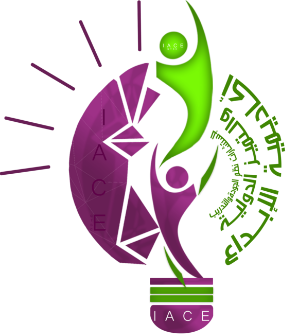(for a job such as a teacher)
It is a codified evaluation tool to measure the extent to which general educational standards have been achieved by the applicant for a professional license. The general educational test covers the following domains: The first domain: professional values and responsibilities. The second domain: professional knowledge
Professional-licensing-regulations for educational posts
Professional License for Teaching Jobs
About the License
A license is a document issued by the Authority, according to specific criteria and procedures. Its holder is qualified to practice the teaching profession according to specific levels and a specific period of time.
Passing the professional license exam is one of the requirements for obtaining a professional license, and it consists of two parts: the first part: the general educational test in which all teachers participate, while the second part is a specialized test that deals with the concepts and structure of the specialization. The number of specializations currently approved by the Commission for teachers is (38) specializations
Standards and professional paths for teachers:
What teachers must know and practice in accordance with the values and responsibilities of the teaching profession, and this shall be specified in the standards and professional path documents issued by the Authority.
The approved tests for the professional license for educational jobs:
Professional licensing exams for educational jobs consist of two basic tests:
General educational test.
Specialist test.
General educational test:
It is a codified evaluation tool to measure the extent to which general educational standards have been achieved by the applicant for a professional license.
The general educational test covers the following areas:
The first field: professional values and responsibilities
The second domain: professional knowledge
The third field: professional practice
These areas are measured according to the 10 main criteria:
The first criterion: Commitment to moderate Islamic values, professional ethics, and the promotion of national identity
Standard Two: Continuing Professional Development
The third criterion: professional interaction with educators and the community
The fourth criterion: knowledge of language and quantitative skills
Fifth Standard: Knowledge of the learner and how to learn it
Sixth Standard: Knowledge of the content of the specialization and its teaching methods
Seventh Standard: Knowledge of general teaching methods
Eighth Standard: Teaching planning and implementation
Standard 9: Creating interactive and supportive learning environments for the learner
Standard Ten: Calendar

